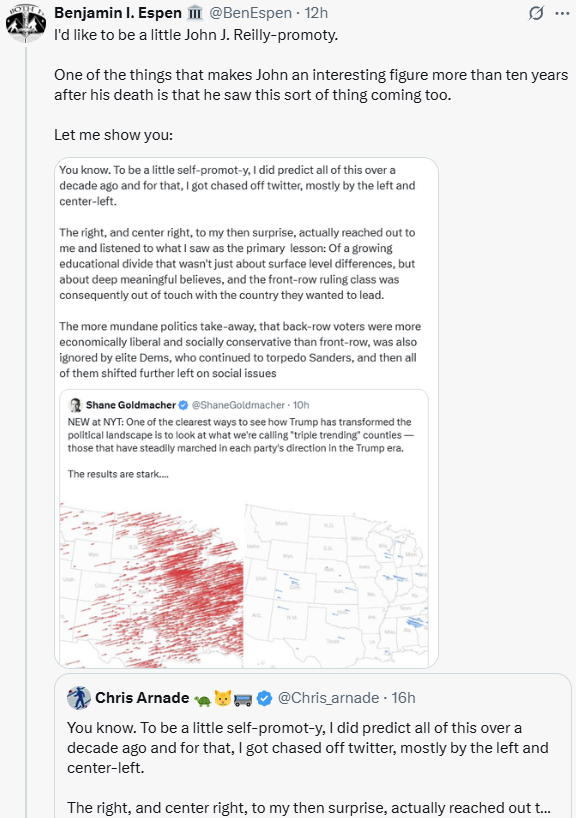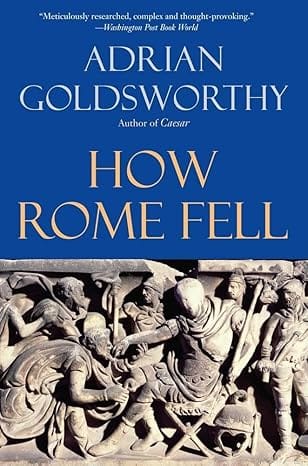Hope Reborn and Conqueror Book Review

Belisarius
Hope Reborn
by David Drake and S. M. Stirling
Contains the Forge and the Hammer
Baen Publishing Enterprises, 2013
586 Pages, US$13.00
ISBN 978-1-4516-3877-6
Conqueror
by David Drake and S. M. Stirling
Contains the Anvil, the Steel, and the Sword
Baen Publishing Enterprises, 2003
633 Pages, US$25.00
ISBN 978-0-7434-3594-9
In our world, Belisarius was one of the greatest Roman generals, a servant of the Emperor Justinian I, who nearly managed to restore the Roman Empire to its former glory after the Vandals and the Ostrogoths overran the Western Empire. One of the great what-ifs of history is is to ponder how the world might have been different if Belisarius and Justinian had managed to reestablish a lasting Roman presence in Western Europe and North Africa. Despite the dramatic victories of his campaigns, the conquests of Belisarius were short-lived. The Lombards conquered Italy only three years after Belisarius and Justinian died, completely severing the political ties that remained with the Eastern Empire. A century and a half later, the Arabs would ride across all of North Africa, and then into the Iberian peninsula.
David Drake and S. M. Stirling have taken these events and personalities and transported them to the human colony world of Bellevue, 1000 years after a destructive civil war has cast down civilization on Earth and all her colonies. By combining military scifi with alternative history, Drake and Stirling give Belisarius the opportunity not only to conquer the Western barbarians he fought in our world, but also the armies of Islam that ultimately destroyed the Second Rome long after his death.
Since this is a future history as well as alternative history, Drake and Stirling also get to play around with the weapons and tactics available to Belisarius. In our world the core of the Roman army were cataphractii, heavy cavalry armed with lance, sword, and bow. On Bellevue, Belisarius is reborn as Raj Whitehall, a cavalryman as well, but one armed with a single-shot cartridge fed rifle, and capable of calling fire from black powder field artillery. Rapid communications are available via heliograph, and steam power enables train and ship transport to be far more rapid than anything Belisarius could have achieved.
Despite the technological differences, Whitehall's campaigns closely follow those of Belisarius. There is indeed a sense in which war never changes. Where these books differ from history, it is due to Whitehall being more successful than Belisarius was. Whitehall has an unfair advantage over Belisarius: the covert assistance provided him by Center, a battle computer that fortuitously escaped destruction in the wars that ended the prior civilization. Center can provide maps, enhance the senses, detect lies, and provide all of the accumulated experience of waging war from the sweep of human history. If that sounds a little unfair, it is. War isn't fair.
The fun here is seeing the battles of the historical campaigns waged with gunpowder, and with the tactical and strategic commentary provided by Center. The core audience for this kind of book already geeks out over lines of battle and armchair generalship. Added on to that is the gritty kind of war realism that Drake is known for. There is nothing romantic about war in these books. Yet there is the realization that for all that, some men really do love war, and find their fulfillment in it. Raj Whitehall loves war, and he is good at it, yet he does not love the things that war inevitably brings, or the things that he must do in order to win. Whitehall is a hard man, as Belisarius was before him, but not a monster.
Raj Whitehall does fight monsters however, both within and without the Empire he serves. The Western barbarians are perhaps less culpable for their excesses than the decadent aristocrats who grow fat off of slave labor and starve the army while the barbarians mill about the gates. This series of books plays upon the ideas of historical cycles. One thousand years after the interstellar civil war, the civilization that emerged on Bellevue is starting to ossify, slowly losing its capacity to do something truly different. Like the Later Roman Empire, bureaucracy and corruption have become embedded within civilization.
In our world, perhaps that was why Belisarius ultimately could not succeed. The vital force of the Roman Empire was spent, 1000 years after the founding of Rome. Younger, more dynamic societies developed in the hinterlands and then displaced Rome when her internal weaknesses grew over time to eclipse her fading strengths. Whitehall and Center provide an unexpected impetus to break that cycle on Bellevue. Whether the acts of one man could truly restore the energy and power of an entire civilization is perhaps a question to be asked in a different kind of book.



Comments ()